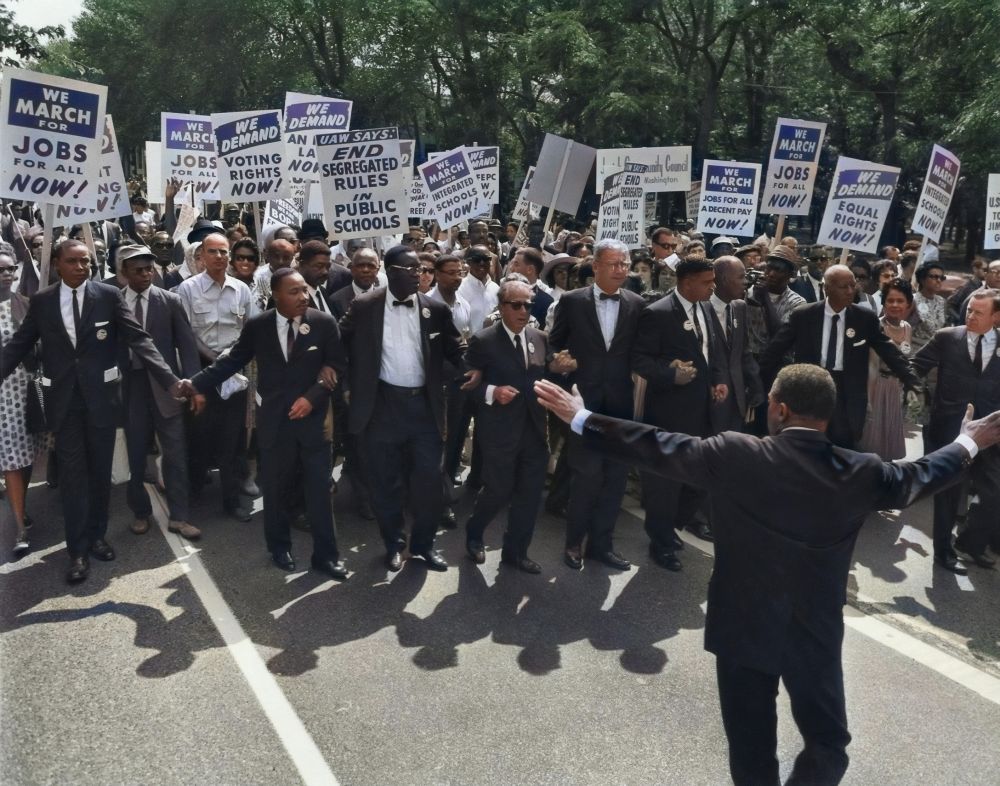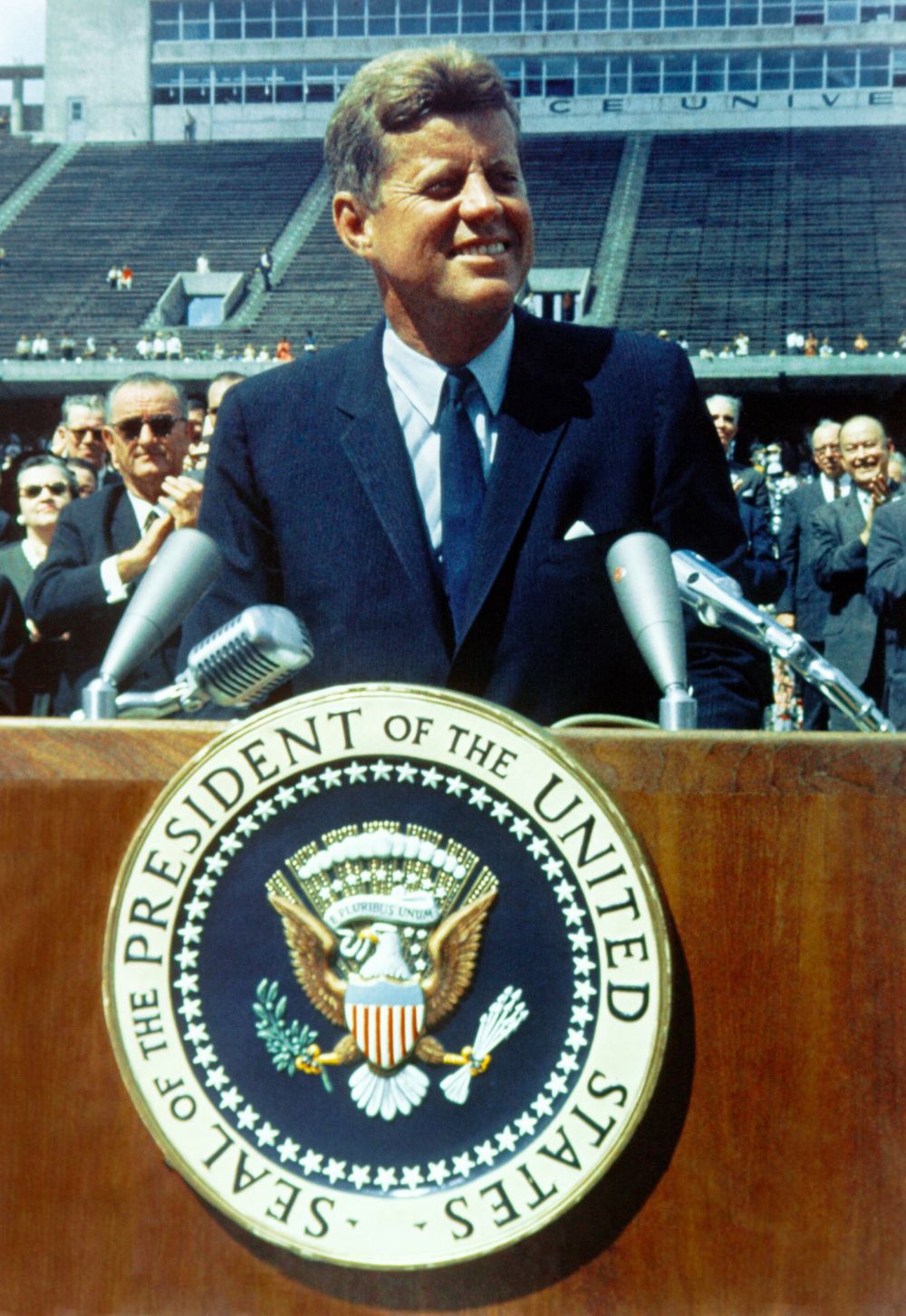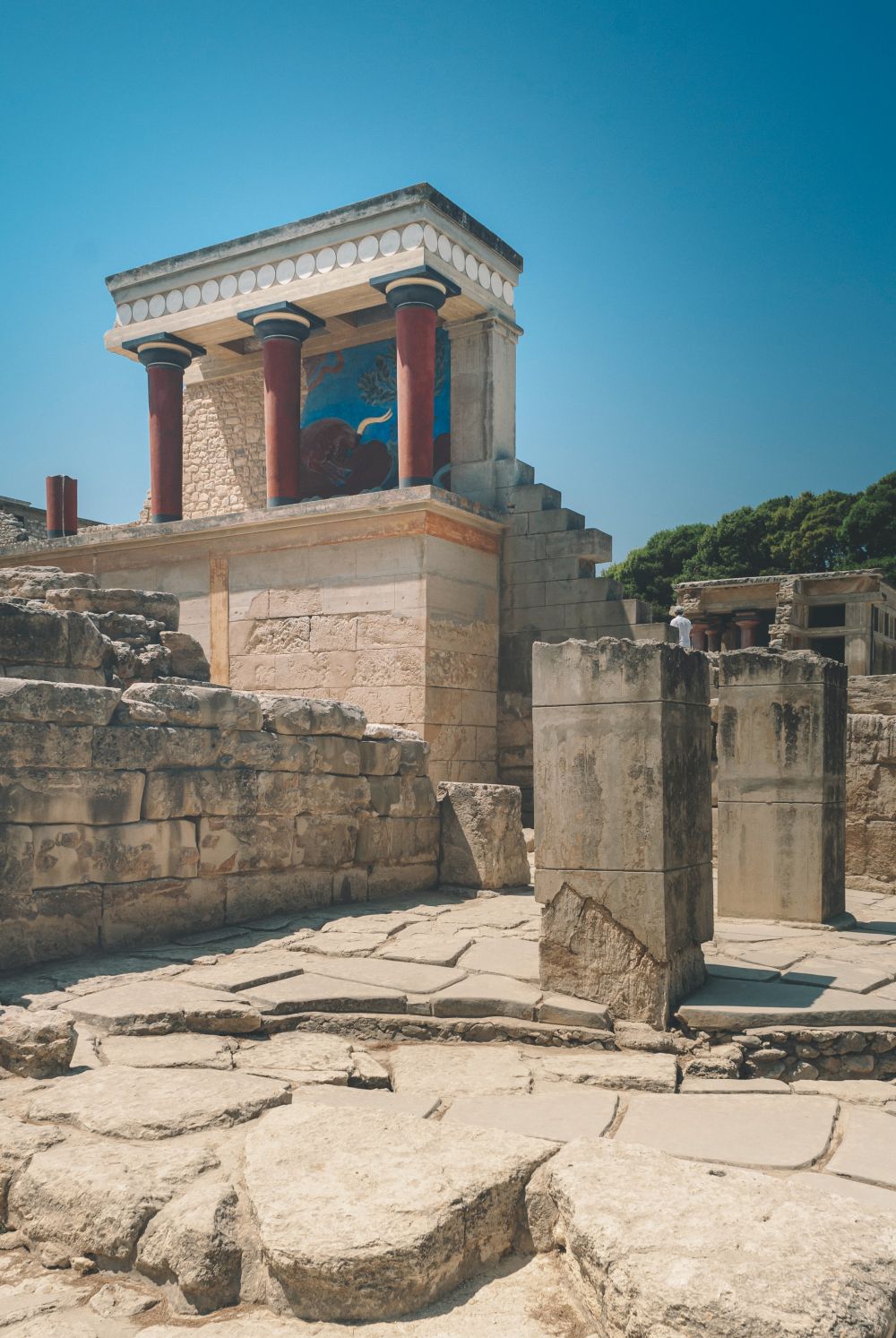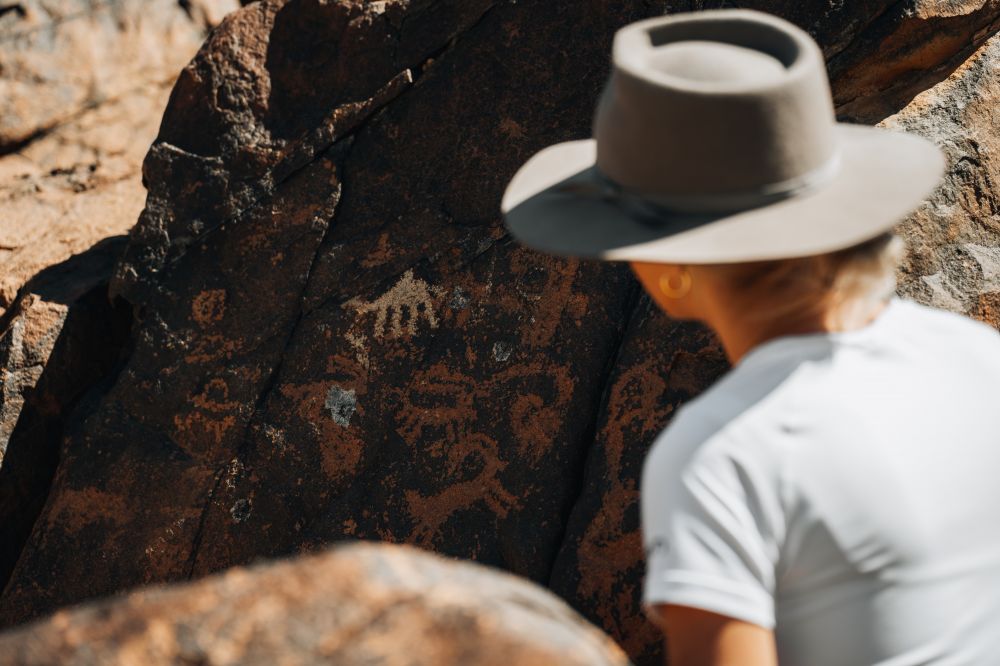American Classic Cars: A Detailed Look into the Icons of the Road
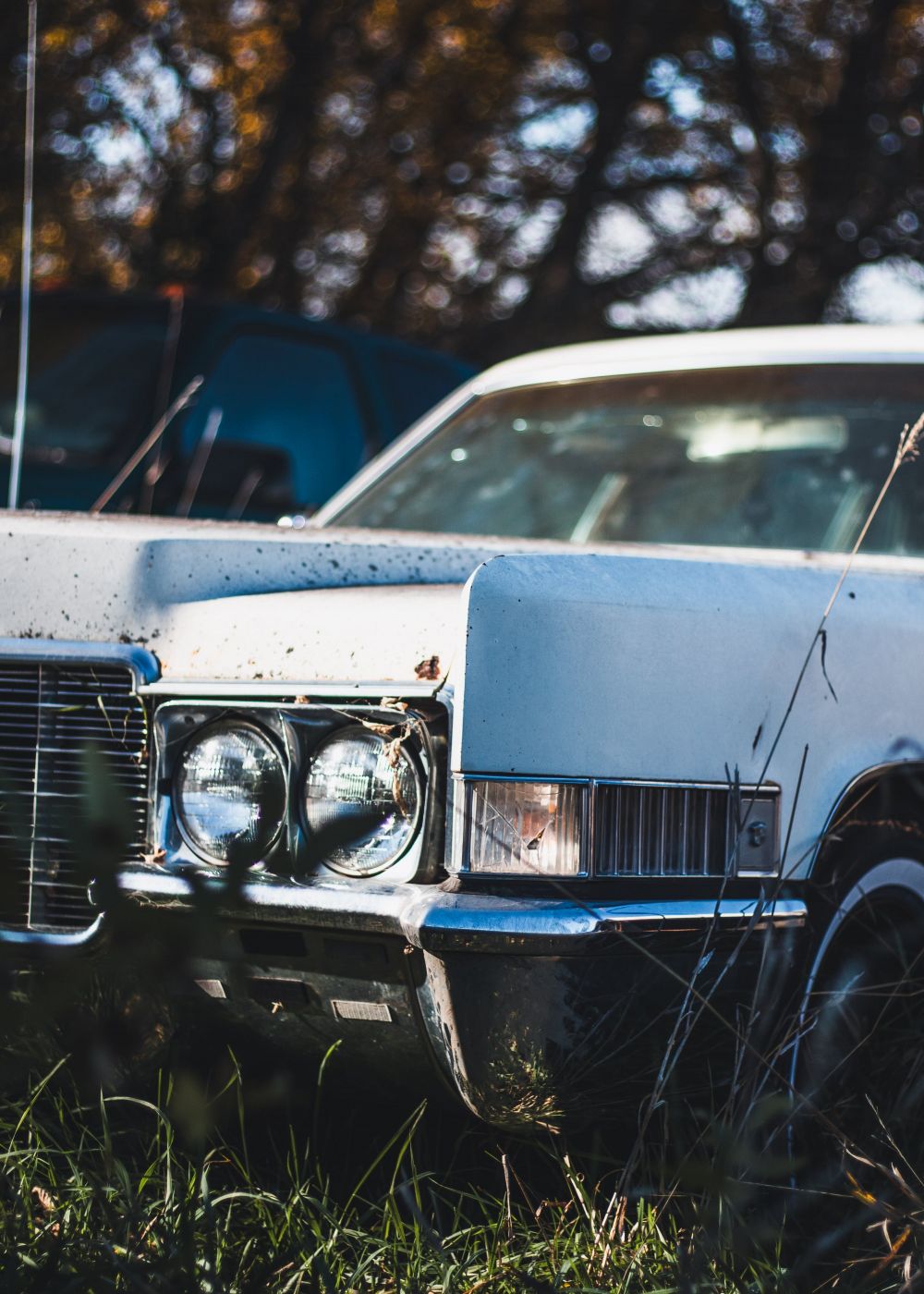
Introduction:
American classic cars hold a special place in the hearts of car enthusiasts worldwide. These timeless machines epitomize the golden age of American automobile design and engineering. In this comprehensive article, we will explore the world of American classic cars, their types, popularity, and historical significance. Additionally, we will delve into the quantitative measurements surrounding these vehicles and discuss their distinguishing features and pros and cons. Finally, we will analyze the decisive factors that drive car enthusiasts to invest in these American classics.
An Overview of American Classic Cars

American classic cars encompass a wide range of vehicles manufactured between the early 1900s and the late 1970s. These cars showcase the pioneering spirit, extravagant designs, and powerful engines that defined an era. From the sleek lines of the Chevrolet Bel Air to the aggressive muscularity of the Ford Mustang, American classics reflect the diverse automotive landscape of their respective decades.
Comprehensive Presentation of American Classic Cars
Various types of American classic cars exist, each representing a unique era and style. Muscle cars, such as the Chevrolet Camaro and Dodge Charger, gained popularity in the 1960s and 1970s for their raw power and aggressive aesthetics. On the other hand, luxury cars like the Cadillac Eldorado or Lincoln Continental displayed elegance, opulence, and technological innovations.
Over time, certain American classic cars have attained iconic status. Models like the Ford Mustang, Chevrolet Corvette, and Plymouth Barracuda have endured the test of time and remain highly sought-after by collectors and enthusiasts alike. These cars often symbolize rebellion, freedom, and America’s automotive heritage.
Quantitative Measurements of American Classic Cars
Quantitative measurements provide valuable insights into the world of American classic cars. Statistical data regarding sales figures, production numbers, and auction prices present a tangible way to measure the popularity and value of these vehicles. For example, analyzing the appreciation rates and investment potential of specific models can help collectors make informed decisions.
Historical data on fuel efficiency and performance metrics are also crucial in understanding the technological advancements and limitations of American classic cars. Comparative figures, such as top speed, horsepower, and acceleration, enable enthusiasts to appreciate the engineering prowess behind these vintage vehicles.
Distinguishing Features of Different American Classic Cars
American classic cars differentiate themselves through various aspects, including design, engineering, and cultural significance. The distinct visual cues, such as tailfins, chrome details, and unique body styles, make these cars instantly recognizable. For instance, the Chevrolet Bel Air’s iconic tailfins and the Ford Thunderbird’s sleek, two-seater design immediately evoke a sense of nostalgia and Americana.
Engineering innovations, such as the introduction of overhead valves or the adoption of unibody construction, further distinguish different American classic cars. These advancements not only improved performance and handling but also shaped the future direction of the automotive industry.
Historical Overview of Pros and Cons of American Classic Cars
American classic cars have their fair share of advantages and drawbacks. Historically, they excelled in terms of design and were often fitted with powerful engines that delivered an exhilarating driving experience. However, these vehicles tended to prioritize style and performance over fuel efficiency and emissions control. As a result, classic cars can be fuel-thirsty and environmentally unfriendly by modern standards.
Furthermore, maintaining and restoring classic cars can be a time-consuming and expensive endeavor. Parts availability, mechanical complexity, and specialized skills required for restoration can pose challenges for enthusiasts. On the other hand, the rarity and limited production numbers of certain models can contribute to their desirability and potential investment value.
Decisive Factors for Car Enthusiasts in Buying American Classic Cars
When it comes to purchasing a classic car, car enthusiasts consider various factors. Authenticity and originality play a significant role in determining the value of a classic car. Vehicles with documented history, matching numbers, and factory-correct specifications generally command a higher price.
Condition also influences the decision-making process. While some collectors prefer unrestored, ”barn-find” cars with original patina, others seek meticulously restored classics in pristine condition. Rarity, popular culture references, and personal preferences also influence enthusiasts’ choices.
Conclusion:
American classic cars embody the spirit of a bygone era and continue to captivate car enthusiasts around the world. Through their distinct styles, power, and historical significance, these timeless classics stand as symbols of innovation and automotive excellence. Whether it’s the thunderous roar of a vintage muscle car or the refined elegance of a luxury cruiser, American classic cars leave an indelible mark on the road and our collective imagination.
